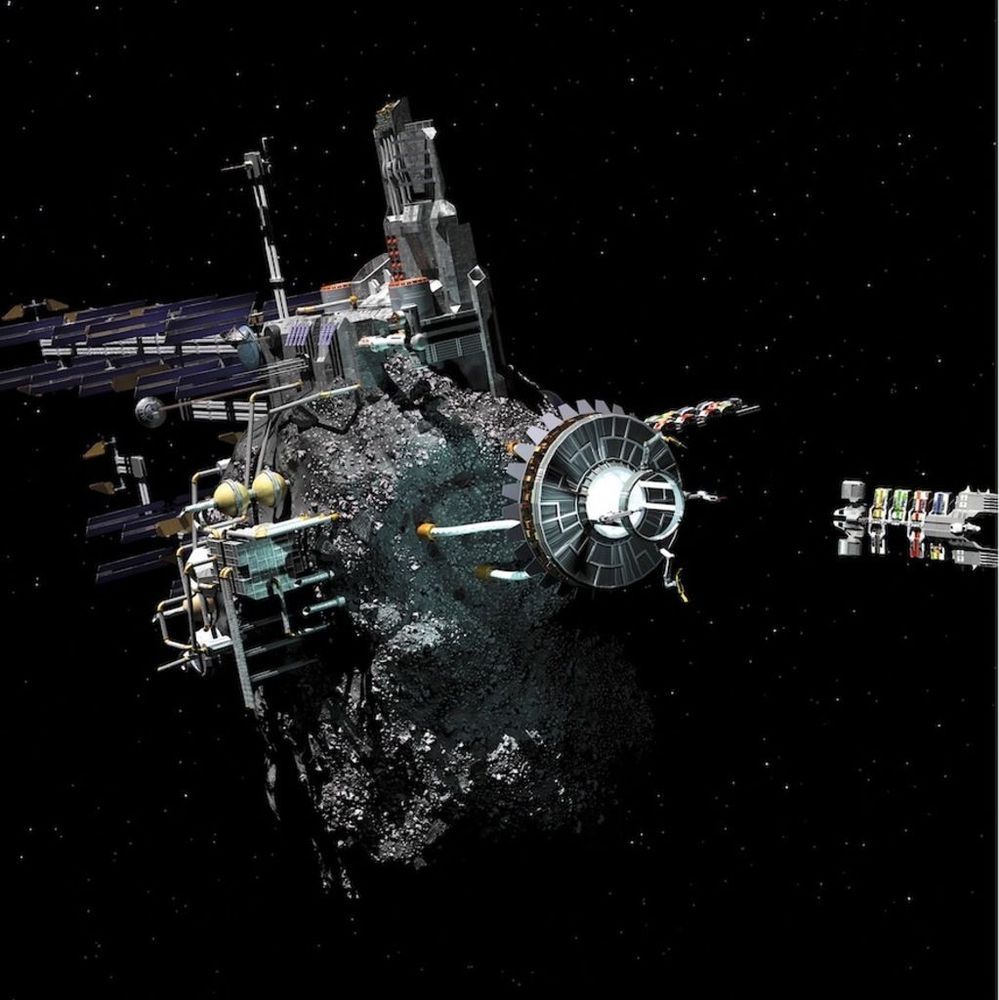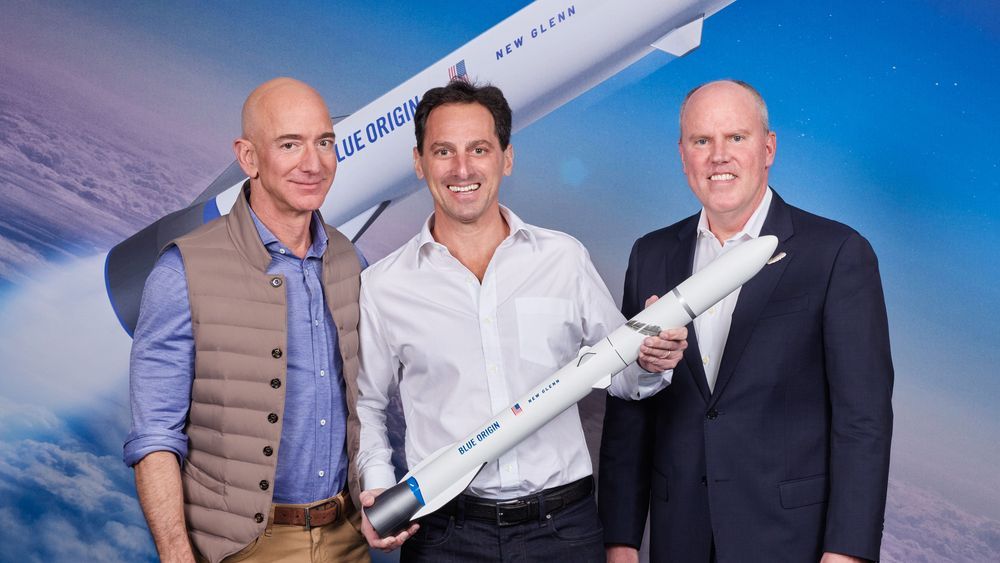Window blinds that have solar panels. Solargaps is elegant decision that let you generate energy while keeping your home cool.





Last year, a wildlife photographer spotted a “one in a million” coyote with captivating blue eyes while out on a walk in California’s Point Reyes National Seashore.
The sighting quickly became national news and prompted an investigation by National Geographic, which confirmed the coyote’s eye color was indeed rare — as coyotes’ irises are almost always some shade of gold. At the time, Juan Negro, a senior researcher at the Spanish Council for Research in Spain, told the publication he hadn’t seen something like that in the 25 years he’d been studying animal coloration.
“Deviants, or strange colors, arise from time to time as mutants,” Negro suggested back in June.


But in private settings, including meetings with the leaders of the many consulting and technology firms whose pop-up storefronts line the Davos Promenade, these executives tell a different story: They are racing to automate their own work forces to stay ahead of the competition, with little regard for the impact on workers.
DAVOS, Switzerland — They’ll never admit it in public, but many of your bosses want machines to replace you as soon as possible.
I know this because, for the past week, I’ve been mingling with corporate executives at the World Economic Forum’s annual meeting in Davos. And I’ve noticed that their answers to questions about automation depend very much on who is listening.
In public, many executives wring their hands over the negative consequences that artificial intelligence and automation could have for workers. They take part in panel discussions about building “human-centered A.I.” for the “Fourth Industrial Revolution” — Davos-speak for the corporate adoption of machine learning and other advanced technology — and talk about the need to provide a safety net for people who lose their jobs as a result of automation.

As important as sleep is for health, happiness, and performance, it really is a time suck. Those eight or so hours when we lose consciousness may be restorative, but just think of what we could accomplish if we could actually put them to productive use. Scientists believe that we can use these unconscious hours to begin to learn new facts or languages in our sleep, as long the information is presented in the right way.
In his paper published Thursday in Current Biology, University of Bern neuropsychologist Marc Züst, Ph.D., presents evidence that it’s actually possible to form new “semantic connections” at specific moments during the sleep cycle. These, he explains, are associations between two words that we use to help encode new information and give words context. For instance, when we hear the word “winter,” we think of cold temperatures, skiing, or, most recently, polar vortices. In his study, Züst found that the brain can actually learn to make these associations if we hear two words paired together at certain times within the sleep cycle.
“Humans are capable of sophisticated information processing without consciousness,” Züst tells Inverse. “Sleep-formed memory traces endure into the following wakefulness and can influence how you react to foreign words, even though you think you’ve never seen that word before. It’s an implicit, unconscious form of memory — like a gut feeling.”

LOS ANGELES — The New Madrid fault zone in the nation’s midsection is active and could spawn future large earthquakes, scientists reported.
It’s “not dead yet,” said U.S. Geological Survey seismologist Susan Hough, who was part of the study published online Thursday by the journal Science.
Researchers have long debated just how much of a hazard New Madrid (MAD’-rihd) poses. The zone stretches 150 miles, crossing parts of Arkansas, Illinois, Indiana, Kentucky, Mississippi, Missouri and Tennessee.

The team created the so-called quark-gluon plasma by smashing packets of protons and neutrons into a much heavier gold atom in the PHENIX Detector particle collider at Brookhaven National Laboratory in Upton, New York. It is theorised that this matter filled the entire Universe shortly after the Big Bang when it was still too hot for particles to come together to make atoms.
Is lab grown meat the future of the industry, or simply an expensive boondoggle that wealthy investors like Bill Gates and Richard Branson will eventually have to bite the bullet on? According to major players in this “cultured meat” industry, lab grown meats can replace having to actually slaughter and process these foods for human consumption, preventing animal deaths and giving rise to a new era in the food industry.
The JUST cultured meat company of California hopes to sell nuggets synthesized from chicken feathers by the end of 2018.